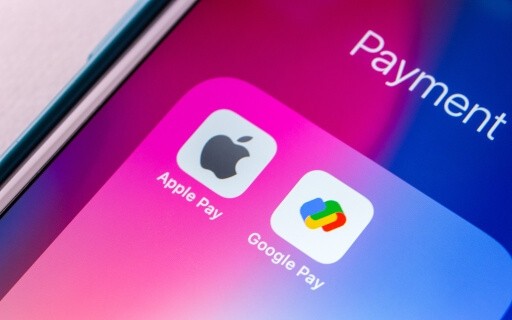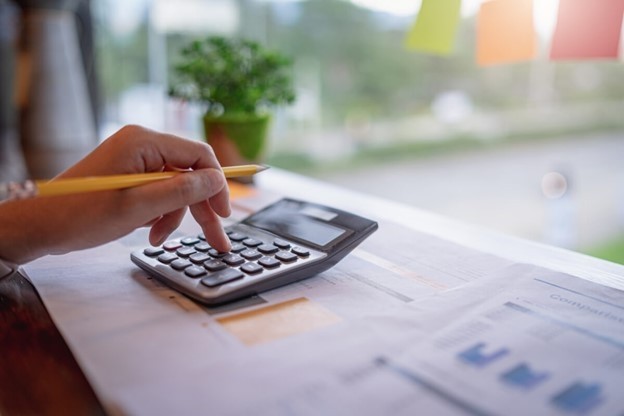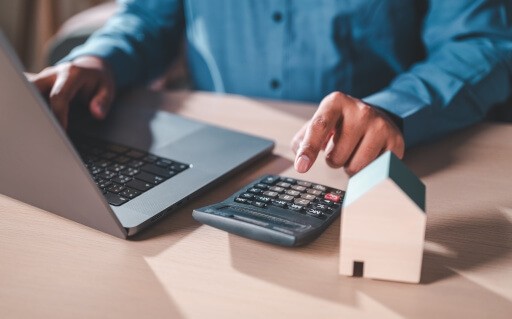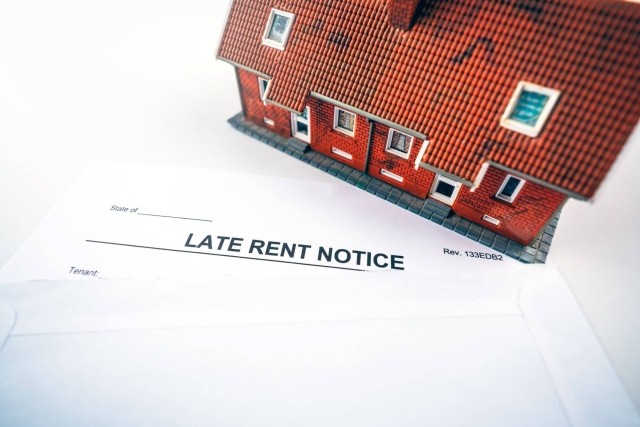Receipts. They’re the tiny slips of paper that rule our lives. They are the things that we receive after every purchase, the evidence we need to balance our checkbooks, and the single most important document that a person can have to accurately track their spending and payments.
The entire world depends on receipts—so it is no secret that landlords may need them too. Rent receipts are the receipts that landlords or property managers give their tenants when a rent payment is submitted. They are both the historians that keep records in times of peace and the evidence that brings justice in cases of dispute. By providing rent receipts to tenants, landlords and property managers not only ensure proper tracking of their own finances, but they also provide documentation of payment should any disagreement arise. Rent receipts are an essential element for both landlords and tenants, and it is important that you create one that is right for you. Keep reading for our best advice on why you need them and how to fill out a rent receipt of your own.
What is a Rent Receipt?
From rent receipt letters to rent invoices, rent receipts have many names, though their purpose remains the same: to provide necessary documentation of rental payments and fees. They are as versatile as they are useful and can provide proof of payment for cash, credit, debit, check, or money order transactions.
Why Do I Need to Provide a Rent Receipt?
There are countless benefits to using rent receipts, but the objective is the same: to cover all your bases. Rent receipts have the power to help you keep track of your income and establish an indisputable record of payments. If you use them, rent receipts can assist with:
-
Solidifying proof of payment – We all love a reliable source of proof. They are the evidence we look forward to seeing on daytime courtroom tv shows and the reason read receipts were invented. When a landlord confirms proof of payment with their tenants, this helps to mitigate the threat of rent-related conflicts. Ensuring that you and your tenants have the correct documents of proof can help resolve disputes quickly if they arise.
-
Providing a personal record – When it comes to taxes, we all know how meticulous our records can be. Writing rent receipts is the perfect practice of recordkeeping. With a written record of payments, landlords can easily keep track of their personal finances and reference their income in time for tax season.
-
Fulfilling state requirements – Some states require landlords and property managers to provide rent receipts to tenants if they pay in cash. Other states—such as Massachusetts—require rent receipts for any form of payment.1 Providing rent receipts to tenants certifies that, no matter the situation, you can fulfil your state and/or city’s rent receipt requirements.
How to Fill Out a Rent Receipt
You have questions, and we have answers. To create a rent receipt template, make sure to include the following information:
- Tenant name
- Landlord and/or property manager name
- Address and unit number of rental property
- Date of payment and/or rental period
- Amount of payment
- Type of payment
- Signature of landlord and/or property manager
In cases of late or partial payments, attach any late fees to the balance and/or make a note of additional balances due in the future. Creating a reference for the amounts charged versus the amounts received may help you on your journey to maintain a meticulous financial record.
Should Receipts be Provided for Other Payments?
While we encourage providing receipts for other payments, that decision is largely dependent on the landlord and the records they would like to keep. If you would like to take charge of your records and document all tenant payments, consider providing receipts for:
-
Application fees – Maintaining a record of these fees, and the property that a tenant paid them for, ensures that properties are not double-booked for future tenants.
-
Move In/Out Fees – Like application fees, providing a receipt for move in/out fees makes it easier to track which tenants have provided their payments.
-
Security deposits – Security deposits can get tricky, and it is best to keep a record of the original total charged—plus any deductions for property damage over the course of a tenant’s lease.
-
Pet fees – Providing a receipt for pet fees can help landlords keep track of which properties and tenants have pets.
Record-keeping the Easiest Way: Apartments.com Rental Manager Tools Let’s face it: you need some form of rent receipt for your rental property. Rent receipts are the best tools to maintain proof of payment, and they are the perfect way to track your finances and fulfil state-sanctioned responsibilities. We know how important creating rent receipts is to your business, but we also know how confusing it can be to create your own template. That is why Apartments.com always makes it simple for you.
With Apartments.com’s Rental Manager Tools, keeping a record of your payments has never been easier. Collect rent worry-free with automatic payments to your account every month, and verify that every payment is documented with your tenants’ electronic signatures. And the best part about collecting rent with Apartments.com Rental Manager Tools? It's completely free. We know that effectively managing a property is a huge responsibility, and we are dedicated to sharing that duty with you. Let us keep the records so that you can sit back, relax, and make the most of your rental.
Frequently Asked Questions
Do I need to provide a rent receipt for online payments?
While the benefits of online payment systems include paperless documentation, it is always beneficial to maintain a written copy of rent receipts for your personal and financial records.
Can receipts be mailed to the tenant?
Rent is collected in a number of ways, and rent receipts are delivered through various methods too. Receipts can be personally delivered to tenants, emailed to tenants in PDF format, or mailed to tenants. In any scenario, confirm if and/or when each tenant receives their receipt and maintain a copy for your records.
Is a rent receipt considered to be a legal document?
While not official legal documents, rent receipts can serve as evidence in court. As a landlord or property manager, it is always better to be safe rather than sorry. Always maintain documentation in case you need it—so that you will never regret not having it.











